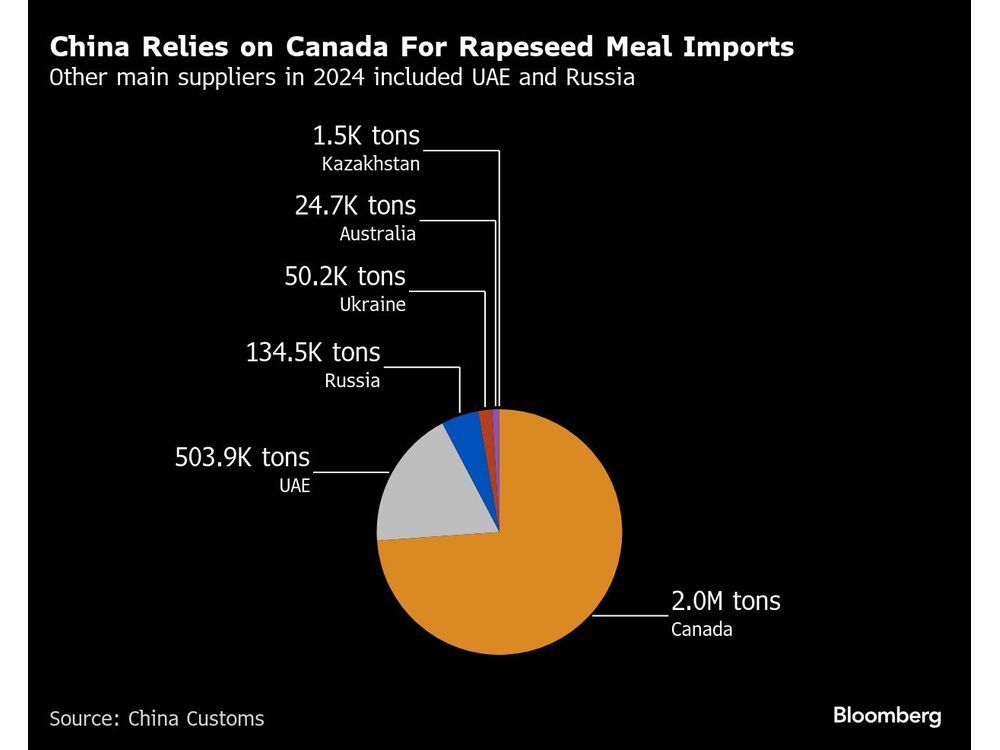Mortgage default can feel like a scary thing, but it doesn’t have to be. If you are struggling to make your mortgage payments, there are options available to you. In this blog post, we will discuss what happens when you default on your mortgage, the different ways to deal with mortgage default, and what to do if you can’t pay your mortgage. We hope that this information will help ease some of the stress associated with mortgage default.
What is mortgage default and what are the consequences?
Mortgage default occurs when you fail to make your mortgage payments. This can happen for a variety of reasons, including job loss, illness, or divorce. If you default on your mortgage, the lender can begin foreclosure proceedings. Foreclosure is a legal process that allows the lender to take back your home and sell it in order to recoup the money they lent you. The consequences of foreclosure can be severe, including damage to your credit score and difficulty obtaining future financing.
How can I avoid mortgage default?
There are a few things you can do to avoid mortgage default. First, make sure that you keep up with your mortgage payments. If you are having trouble making your payments, contact your lender as soon as possible to discuss your options. You may be able to modify your loan or obtain a forbearance, which will allow you to temporarily stop making payments. Second, stay current on your property taxes and insurance. If you fall behind on these payments, the lender can force you to pay them in full, which could put you at risk of default. Finally, don’t take on more debt than you can handle. If you are having trouble making your current payments, adding more debt will only make the situation worse.
What to do if you can’t pay your mortgage
If you find yourself in a situation where you can’t pay your mortgage, the first thing you should do is contact your lender. Many lenders are willing to work with borrowers who are struggling to make their payments. You may be able to modify your loan, obtain a forbearance, or even refinance your mortgage. If you are unable to work out a payment plan with your lender, you may have to consider other options, such as selling your home or filing for bankruptcy.
No one wants to default on their mortgage, but it happens. If you find yourself in this situation, don’t panic. There are options available to you. Contact your lender as soon as possible to discuss your options and find a solution that works for you.
The steps involved in foreclosure proceedings
If you default on your mortgage, the lender can begin foreclosure proceedings. Foreclosure is a legal process that allows the lender to take back your home and sell it in order to recoup the money they lent you. The consequences of foreclosure can be severe, including damage to your credit score and difficulty obtaining future financing.
There are four steps involved in foreclosure proceedings:
First, the lender will send you a notice of default. This notice will notify you that you have failed to make your mortgage payments and that the lender intends to begin foreclosure proceedings.
Second, the lender will file a notice of sale. This notice will be recorded with your local government and will state the date, time, and location of the foreclosure sale.
Third, the home will be sold at a foreclosure auction. If no one bids on the home, it will be sold to the lender.
Fourth, if you are still living in the home, the lender will file an eviction notice. This notice will give you a certain amount of time to move out of the home.
Eviction proceedings can be stressful and complicated. If you find yourself in this situation, it’s important to seek legal assistance. An experienced attorney can help you understand your rights and options.
Alternatives to foreclosure such as loan modification or deed in lieu of foreclosure
If you are facing foreclosure, there may be alternatives available to you. You may be able to modify your loan or obtain a deed in lieu of foreclosure. Loan modification can help you lower your monthly payments and make them more affordable. Deed in lieu of foreclosure allows you to transfer ownership of your home to the lender in exchange for the cancellation of your mortgage debt.
Before you make any decisions, it’s important to speak with an experienced attorney. They can help you understand your rights and options.
When to file for bankruptcy
If you are struggling to make your mortgage payments, you may want to consider filing for bankruptcy. This can give you some relief from your debts and allow you to keep your home. However, it’s important to speak with an attorney before you make this decision.
Bankruptcy is a serious decision that should not be made lightly. If you are considering this option, it’s important to speak with an attorney to understand your rights and options.
The effects of a foreclosure on your credit score
If you default on your mortgage and the home is foreclosed, it will have a negative effect on your credit score. This can make it difficult to obtain future financing. The effects of foreclosure can last for seven years.
If you are facing foreclosure, it’s important to understand the implications it may have on your credit score. You should speak with an experienced attorney to understand your rights and options.
The bottom line
If you default on your mortgage, it’s important to understand your rights and options. There are alternatives to foreclosure, such as loan modification or deed in lieu of foreclosure. You may also want to consider filing for bankruptcy. However, it’s important to speak with an attorney before you make any decisions. The effects of a foreclosure can be severe, so it’s important to understand the implications it may have on your credit score.
Further questions
What's your question? Ask it in the discussion forum
Have an answer to the questions below? Post it here or in the forum



